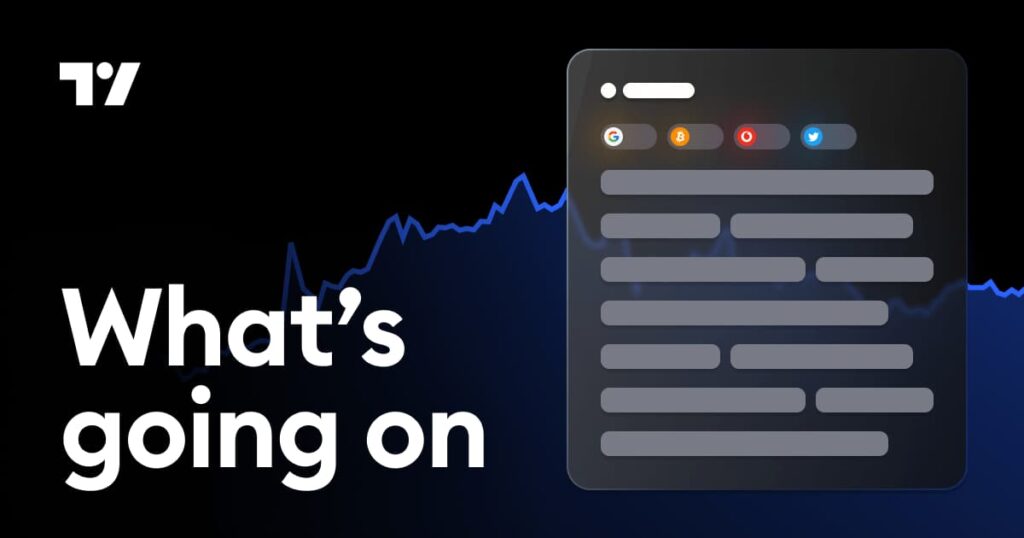Expanding adoption of artificial intelligence artificial intelligence Cyber attacks in a company's daily operations can bring significant business benefits through increased efficiency, but at the same time make the company more vulnerable to cyber attacks.
As businesses move operations online, the threat of malware attacks and ransomware disruption becomes apparent, heightening the need for cybersecurity.
In today's landscape, cybersecurity serves a dual purpose: protecting organizations from cyber threats while also helping them seamlessly transition to a broader online presence. Continued investment in cybersecurity is essential to keep up with evolving asymmetric characteristics.
Why businesses should increase spending on cybersecurity
According to the IMF, cyber attacks on businesses have doubled since the pandemic, raising the threat of huge financial losses. Cyberattack losses have increased significantly since 2017, quadrupling to about $2.5 billion. Moreover, indirect effects such as reputational damage and increased security spending create further problems for organizations.
Given the effects of globalization and the widespread interdependence between sectors, the growing threats to various sectors, especially the financial industry, are a cause for concern. An increase in cyber attacks against the financial sector could disrupt financial and economic stability in other sectors, the effects of which could ripple through global events.
The pandemic has also made businesses more reliant on the digital environment, making them more vulnerable. Digital technologies have connected people at unprecedented scale and speed, but they have also strengthened cyberattacks, making them more aggressive in frequency and sophistication.
The emergence of a new threat: deepfakes
Deepfakes refer to video, audio or images that have been digitally altered, usually using artificial intelligence techniques, to misrepresent a real person.
According to CNBC, the exponential threat to businesses from deepfake scams resulting in millions of dollars in losses is only expected to worsen as criminals use generative AI to commit fraud. As AI technology advances, the scale and sophistication of these scams is growing exponentially, highlighting the growing need for greater investment in this space.
According to Jason Hogg, a cybersecurity expert and executive in residence at Great Hill Partners, quoted by CNBC, deepfakes of top company executives could be created to spread misleading information to manipulate stock prices, affect a company's reputation and negatively impact its share price.
Intensifying geopolitical cyber attacks
The escalating crises in the Middle East, particularly between Israel and Gaza, have thrust cybersecurity into the spotlight. The rise in hacker attacks underscores the need for stronger cybersecurity measures, especially given that conflicts have been taken online through the use of digital tools.
According to S&P Global, the rise of ransomware attacks is also a major threat. These attacks typically begin with phishing, exploitation of vulnerable software, or IT misconfigurations. Once attackers gain control of the first system, they spread across the network, disabling it and demanding a ransom in exchange for a decryption key to unlock files.
Critical National Infrastructure National Institute of Informatics, IndiaIn recent years, industries such as the shipping industry and nuclear power plants have also increasingly been exposed to the threat of cyber attacks. As cyber threats evolve and become more complex, there is an increasing need for governments and companies to implement unified cybersecurity measures on a global scale.
Featured ETFs
The growing threat of cyber attacks and the introduction of AI into everyday operations highlight the need for further investment in the cybersecurity sector.
The cybersecurity sector remains promising, with Fortune Business Insights predicting it will register a CAGR of 13.8% from 2023 to 2030, reaching a valuation of $424.97 billion in 2023. Investors with a long-term perspective can benefit from increased investment in the sector.
Below, we look at some ETFs that allow investors to gain exposure to this promising sector.
First Trust NASDAQ Cybersecurity ETF CIBR has risen 36.42% over the past year.
Amplify Cybersecurity ETF HACK is up 37.44% over the past year.
iShares Cybersecurity & Tech ETF IHAK has risen 31.94% over the past year.
Global X Cybersecurity ETF BUG is up 31.66% over the past year.
WisdomTree Cybersecurity Foundation WCBR has risen 47.28% over the past year.
Zacks Investment Research


